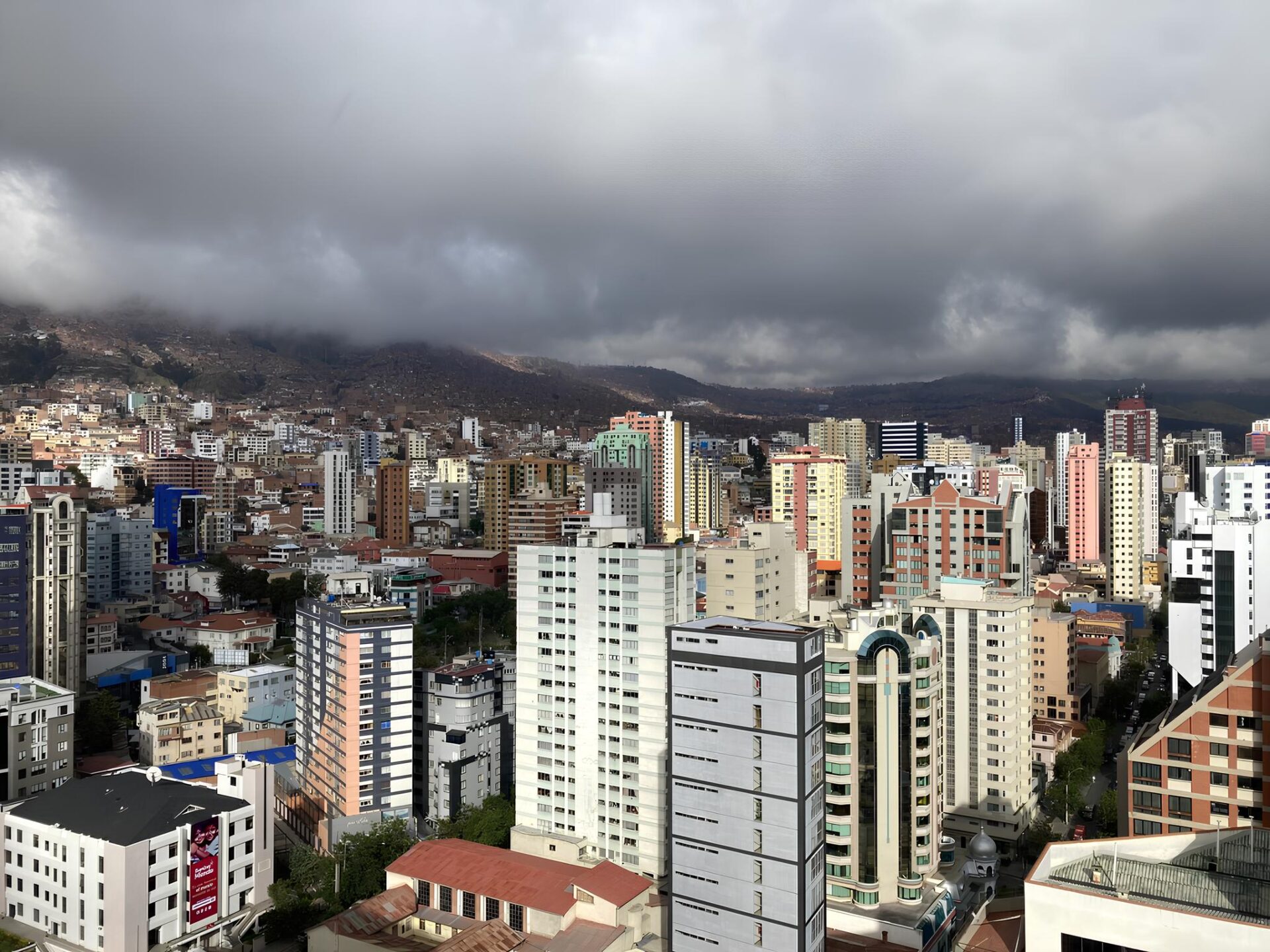The Centre for the Sustainable Built Environment (CSBE) is a multidisciplinary space for researching, debating and advancing ways to address current challenges to our cities. CSBE will network and engage with diverse stakeholders to co-develop and disseminate their studies.

CSBE offers a space to establish and expand a community of researchers and postgraduate research students from diverse disciplines, including Architecture, History, English, Arts and Social Sciences. The debate that CSBE will engender will be shared with local stakeholders with the aim of informing relevant urban policies to ultimately enhance the livability and equity of the built environment. Its ambition over the medium-to-long term is to become a local and regional point of reference for ideas and knowledge exchange on the built environment.
Challenges to the built environment and its sustainable development will be debated and studied using new interdisciplinary methodologies. For example, challenges such as a housing provision for an ageing society, which are typically investigated through a sociology/social policy and architectural lens, will also be interrogated using historical and cultural framings, which will help understand current social norms and perceptions hindering innovation in this sector. Such cultural framings could be the study and the production of visual representations that are shaping the public imagery; and the deployment of digital technology, such as VR, in enhancing experience.
Multidisciplinary thinking will be attained by working within and at the cross-section of three perspectives:
History, theory and culture, to investigate past and ongoing theoretical underpinnings that determine the ways in which the built environment is understood, developed, used, lived, described and visually represented. This cultural dimension determines individual and collective perspectives, hence determining our relationships with buildings, the public realm and the environment.
Social environments, concerned with cultures and patterns of use of the public realm, environmental and health justice, and nature-based solutions for urban resilience that work not only for people but also for non-human species and the wider ecosystem. It explores pathways to placemaking as a contributor to social justice, inclusive growth, reduced health inequalities and food insecurity.
Sustainable design, focused on the contemporary questions of climate change, technology, ecological impact, and resource efficiency in the context of the built environment, and the human and social aspects of urban sustainability.
The Centre will achieve the following key strategic objectives:
- Develop and test innovative methodologies to investigate the built environment
- Create an interdisciplinary space for academics and local and national stakeholders
- Enhance the research environment of the Division of Arts & Humanities and beyond
- Develop the PGR/PGT student experience
- Collaborate to develop internally and externally funded projects addressing challenges to the sustainability of the built environment.
